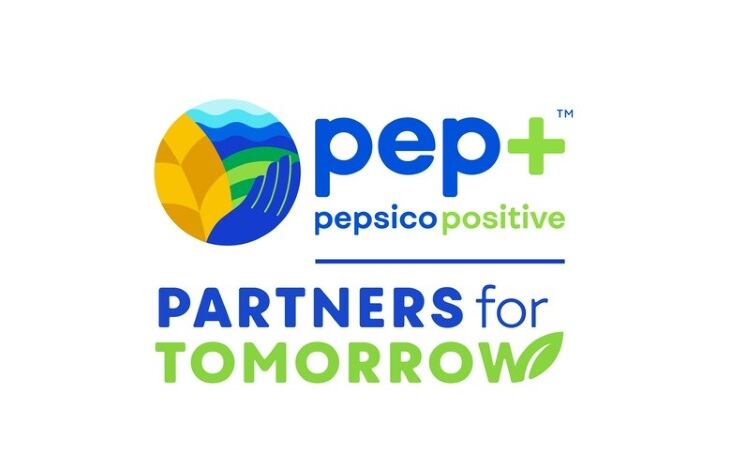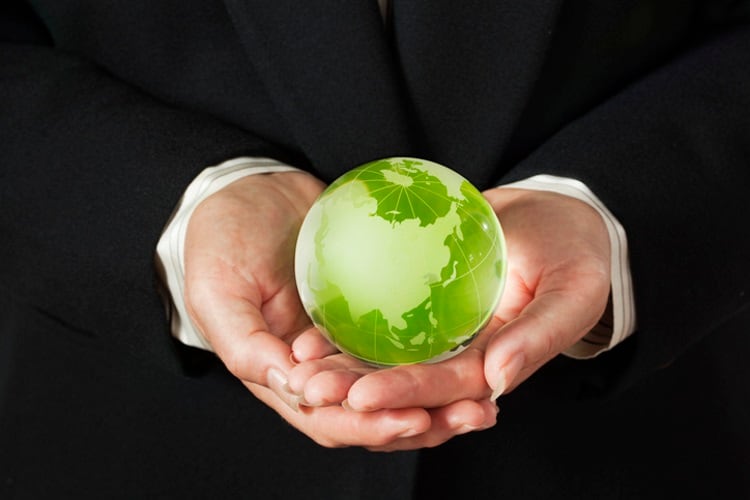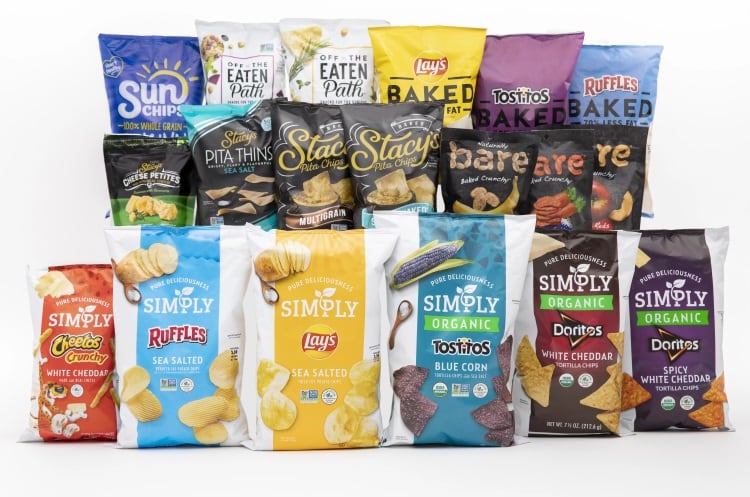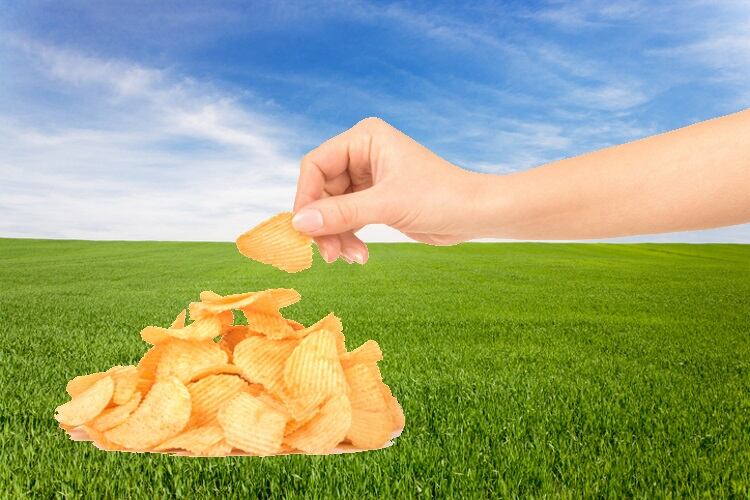The platform brings PepsiCo’s ‘comprehensive customer sustainability offerings under a single platform to deliver the critical solutions most needed by the company’s partners’ and initially is focussed on the US market. The snacking giant has plans to expand Partners for Tomorrow to other key markets by 2024.
“Our retail customers are true partners, including when it comes to addressing the impacts of climate change,” said Cara Keating, chief customer officer of Frito-Lay North America.
“Through the launch of the Partners for Tomorrow platform and its robust portfolio of solutions, we are taking an important step forward in how we collaborate with our customers to progress toward critical sustainability goals, meet consumer demands, and, ultimately, drive commercial value together.”
Partners for Tomorrow

PepsiCo has initiated several projects aimed at reducing its global environmental impact. These are in line with it overarching pep+ strategy, an end-to-end business transformation designed to drive long-term business performance and value, with sustainability and human capital at the centre.
CIRQU (formerly BottleLoop) involves the on-demand collection of recyclable beverage containers for foodservice and retail customers. The collected materials are then processed and reclaimed by PepsiCo to become recycled PET packaging. This free service has been achieved through the company’s partnership with Replenysh, to ensure that all plastic, glass and aluminum containers are collected and recycled and recycled materials re-integrated into the supply chain. The programme served five times as many communities in 2022 compared to 2021, with over 250 host locations actively collecting material across 10 states and 58 communities.
PepsiCo has a Regenerative Agriculture programme called sow+ Agriculture, which is designed to enable PBNA and PFNA customers to make direct investments in efforts to convert agricultural land to regeneratively farmed acreage. The programme also provides loans and grants to assist farmers in transition to new practices to improve soil health, reduce erosion and improve water quality. The platform also provides a forum for convening industry influencers to discuss concepts, trends, opportunities,and risks around regenerative farming.
PepsiCo's annual North America Customer Sustainability Summit educates and helps customers drive progress on their sustainability journeys by hearing from a range of internal and external thought leaders who have successfully collaborated to drive progress toward sustainability goals.
Launched in 2022, the pep+ REnew collaboration is the first value chain partner initiative of its kind in the F&B industry and increases value chain partner access to renewable electricity as part of PepsiCo's goal to achieve net-zero emissions by 2040. Because many SMEs face challenges when trying to participate in the renewable electricity market, pep+ REnew has two goals: to educate them about their renewable electricity choices, and to quicken the transition to renewable electricity through aggregate power purchase agreements (PPAs) and other options.
The Purchase, New York-headquartered company is piloting several reusable cup solutions with partners in select markets through its Reusable Cup Solutions programme. The goal is to ensure 20% of all beverage servings it sells are delivered through reusable models by 2030.
“PepsiCo has a long history of working together with our partners to advance shared sustainability goals. The Partners for Tomorrow platform aims to scale those solutions to foster the most effective partnerships and longstanding impact,” said Todd Squarek, senior VP & chief sustainability officer for PepsiCo Beverages North America.
“With this platform, we're leveraging the shared scale of PepsiCo's and our customers' businesses to maximise impact, drive progress toward our pep+ goals and benefit both our businesses, the planet and the communities we serve.”
Partners for Tomorrow is also one of the many ways that PepsiCo is working to drive progress toward its multiple pep+ climate strategy, which focuses on everything in its supply chain, from agriculture and manufacturing to packaging and transportation.
The aim is to achieve net-zero emissions across PepsiCo’s entire value chain by 2040 – a decade earlier than called for in the Paris Agreement – while helping customers progress towards achieving their own Scope 3 emissions reduction goals.
pep+ ambitions

Some of the company’s pep+ ambitions for climate, packaging and agriculture include:
PepsiCo recently investment in long-term, strategic partnerships with three of the most well-respected US farmer-facing organisations, namely, Practical Farmers of Iowa; Soil and Water Outcomes Fund; and the IL Corn Growers Association. The combined impact of these partnerships is expected to support the accelerated uptake of regenerative practices on more than three million acres and deliver approximately three million metric tons of greenhouse gas emission reductions and removals by 2030.
PepsiCo is implementing a fleet of electric vehicles at its facilities that aim to help reduce emissions on the journey to net zero. The company has received the first deliveries of Tesla electrified semi vehicles and plans to further electrifying facility infrastructure by rolling out electric forklifts, route trucks, service vans and yard tractors.
Frito-Lay revealed the near completion of its 500,000-square feet facility in Modesto, California, which is a first-of-its-kind showcase for sustainable manufacturing, warehousing, and distribution technologies. The transformation includes replacing diesel fleet assets with Zero Emissions (ZE) and Near Zero Emissions (NZE) alternatives, installing fuelling and charging infrastructure for the new fleet and on-site renewable energy generation and storage. To date, the Modesto transformation has resulted in a 91% reduction in greenhouse gas (GHG) emissions from the facility's direct fleet operations.
Scheduled to open within the next year, the company’s Denver facility aims to become net water positive, with a first-of-its-kind advanced water recycling system and robust replenishment in the local watershed. It also aims to achieve 100% renewable electricity, leveraging both solar and innovative biogas technologies.
PepsiCo has increased the use of rPET across several beverage brands in multiple US. geographies in 2023. PepsiCo estimates that shifting to bottles made from 100% rPET reduces GHG emissions by approximately 30% per bottle. By 2030, the entire Pepsi-branded portfolio aims to phase-out bottles made from virgin plastics.





